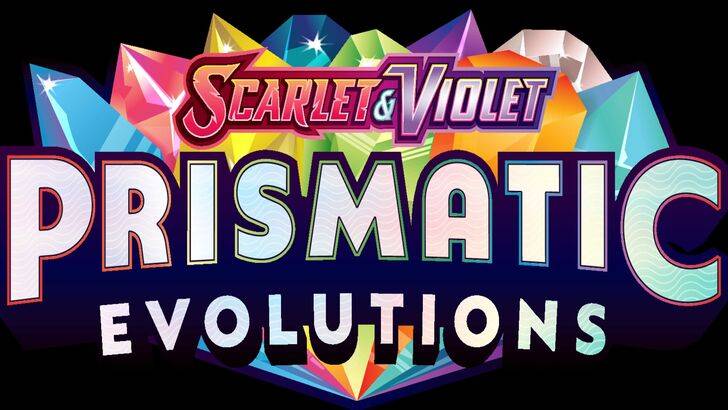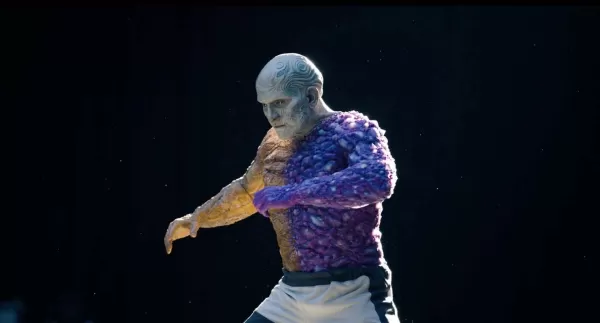Google's latest advancement in AI technology, Veo 3, has made waves with its capability to generate strikingly realistic Fortnite gameplay videos. Launched this week, Veo 3 can produce life-like video clips complete with realistic audio from simple text prompts, marking a significant, albeit unsettling, leap in AI video generation.
While other AI tools like OpenAI's Sora have been creating similar content, Veo 3's inclusion of lifelike audio sets it apart. Early users of Veo 3 have already begun experimenting with the tool, creating Fortnite gameplay clips with fake streamers commentating. These clips are so convincing that they could easily be mistaken for authentic content on platforms like YouTube or Twitch.
Veo 3 operates without infringing on copyrights, though it's clear that the AI has been trained on the vast amount of Fortnite gameplay available online. This training enables Veo 3 to generate highly believable gameplay representations. For instance, a nine-word prompt, "Streamer getting a victory royale with just his pickaxe," resulted in a clip of a streamer celebrating a win using only their pickaxe.
Despite not being explicitly instructed to create Fortnite content, Veo 3 infers the game from context, showcasing its advanced understanding and capabilities. However, the tool's ability to produce such realistic footage raises significant concerns beyond copyright issues, particularly regarding the potential for disinformation and the erosion of trust in genuine content.
Social media reactions have been mixed, with users expressing both awe and apprehension. Some have voiced concerns about the ethical implications of training AI on copyrighted material without consent, speculating that Veo 3 might be using content from platforms like YouTube.
IGN has reached out to Epic Games for a comment on this development. Meanwhile, Veo 3's versatility extends beyond gaming, as demonstrated by a fake news report on a non-existent automobile trade show, complete with fabricated interviews, all generated from a single text prompt.
In related news, Microsoft has also entered the AI-generated video space with its Muse program, trained on footage from the Xbox game Bleeding Edge. Xbox head Phil Spencer has suggested that Muse could be used for ideating game concepts and aiding in game preservation. However, the reveal of Muse-generated footage from the classic game Quake 2 has sparked discussions about the potential impact on human creativity and employment in the gaming industry.
Fortnite itself has embraced AI, recently introducing a feature allowing players to interact with a generative AI version of Darth Vader, voiced by the late James Earl Jones. This addition, while officially licensed, has stirred controversy and led to an unfair labor practice charge from SAG-AFTRA.















